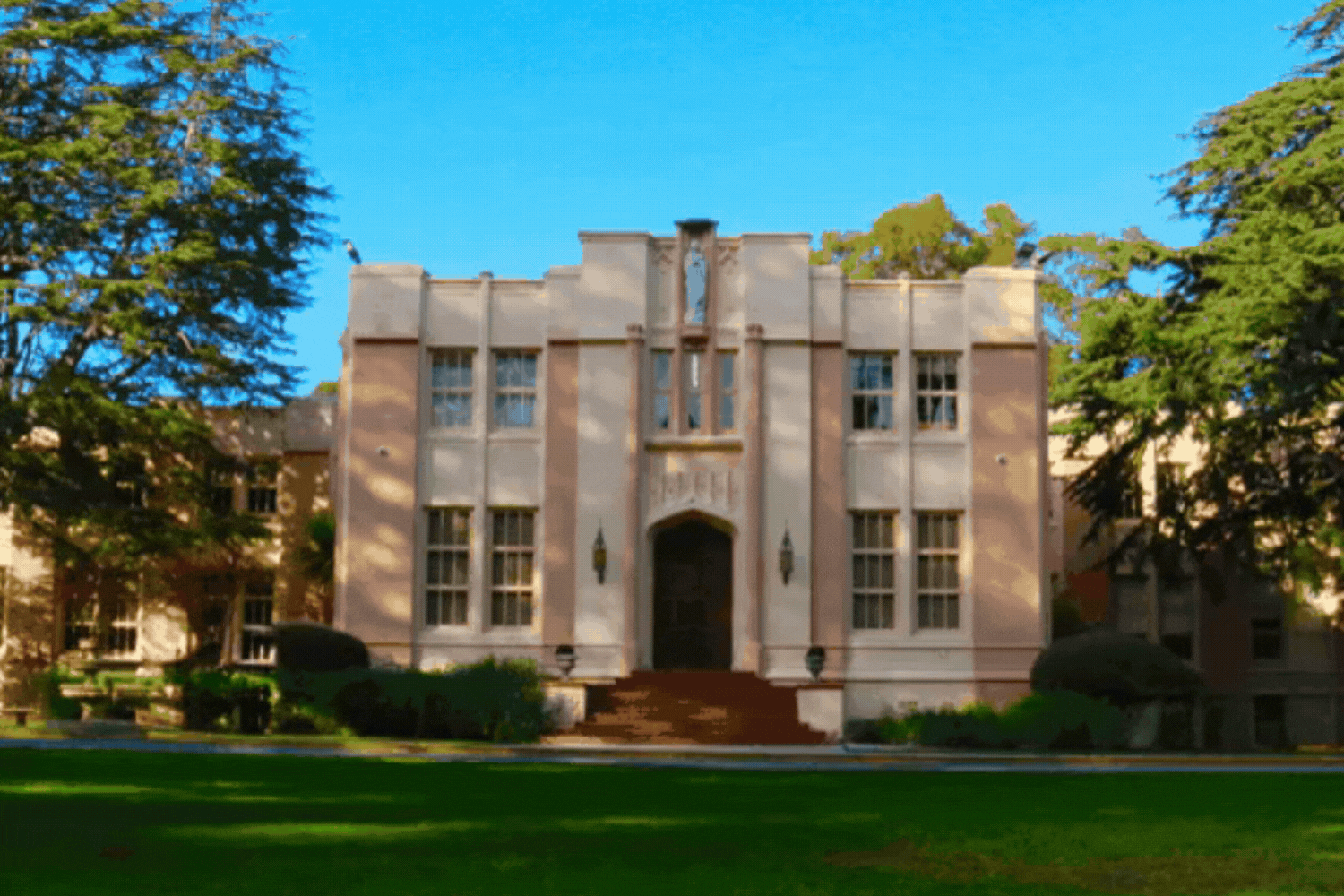Students all around the world go through a time in life when school seems just a bit unnecessary.
At times, even the most accomplished individuals question the value of their education.
Samirah Zada is a perfect example of success in the eyes of many — having graduated from the University of California (UC) Merced and currently being a 3rd-year dental student at A.T. Still University (ATSU). Despite this, she, too, has had similar doubts about education in the past.
Over time, she realized that students can be taught very important life skills without even realizing it.
“Although I don’t use calculus every day, when I was in high school and taking all these math courses, I learned the type of student I am, and the type of person I am in terms of learning and how I learn and what works for me to keep the information I need in my head,” Zada said.
Justin Yam, a current senior at Carlmont, feels the same way.
“I don’t know if I’m gonna retain much of the information I get from school, but I think it definitely taught me other traits, like staying disciplined, or communicating well with others, or stuff like that,” Yam said.
While schools teach history, mathematics, English, and science, more importantly, they teach students discipline, show them how to conduct their own research, and practice the most efficient study skills. The schooling system is perfect — to the outside world that is.
But that illusion starts to crumble when put under a microscope.
According to a survey done by the Cengage Group, only 41% of 2022 traditional degree graduates believe that their degrees have equipped them with the skills employers are looking for.
Zada also believes that simply having a degree doesn’t ensure a career or even a simple nine-to-five; and that other factors also contribute to the process of securing a good life after graduation.
“Networking is a huge, huge part of being successful. You can have all the degrees in the world, but it’s not what you know, it’s who you know. I am a big believer in that,” Zada said.
In contrast, Joshua Gallelo, a sophomore at San Diego State University believes that there is a direct correlation between a degree and getting a job.
But for him, that’s not the only factor.
“It goes back to if there’s enough of a market for it,” Gallelo said.
Despite the statistics, Yam, who plans to pursue university after graduation, plans to be a business major and thinks that having a degree is a necessary step.
“I feel like in business, you really have to have those soft skills, being communicative, being interactive, and also being social, and being able to have good relations and connections. I think — I hope — college will prepare me for that in the real world,” Yam said.
Another survey done by ZipRecruiter goes to show that 72% of employers are now prioritizing skills over degrees, and practicing a skill-based hiring approach. This matches the market as the number of job postings requiring a bachelor’s degree has dropped by 10% from 2022 to 2023 on ZipRecruiter Marketplace.
“I think schools do a really good job of teaching theoretical scenarios, but it’s very difficult to teach real-life scenarios,” Zada said.
But it’s important to consider all factors of the equation, and an important factor is one’s major.
Different jobs require different amounts of interaction, and schooling translates different amounts in practice. Zada plans to be a dentist and will soon be working with real people in many different situations. On the other hand, Gallelo is going to be an accountant, and numbers are known for their consistency.
“It’s essentially guaranteed that I’ll get a job right after college,” Gallelo said. “But you can never be 100% sure of what a job entails, or what they require, what the specific needs they want to meet.”
Looking back on his own experience, Gallelo would change his focus in the college search and later, career development.
“Really look into the job market for your major, I think that’s really important, and also have passion or relation to what you’re doing,” Gellelo said.



